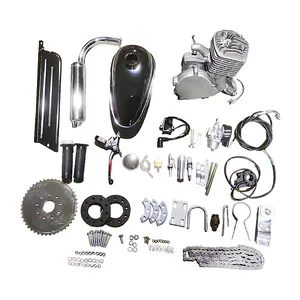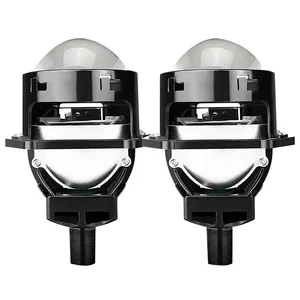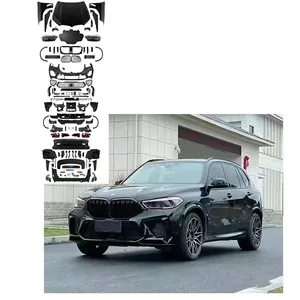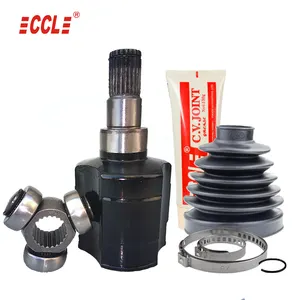Popular in your industry





























































































































































Top categories
About rs5 board
Exploring the Versatility of RS5 Boards
The RS5 board is a pivotal component in the automotive industry, serving a variety of vehicles from compact cars to heavy-duty trucks. Understanding the significance of these boards is crucial for maintaining the integrity and performance of a vehicle.
Types and Compatibility
Different vehicles require different RS5 boards based on size, shape, and functionality. Whether for a small sedan or a large commercial truck, the compatibility of these boards with various models is essential. The diversity of the nanopi RS5 showcases the adaptability of this technology, catering to specific vehicular architectures.
Material and Durability
The construction material of an RS5 board determines its durability and longevity. Typically crafted from robust metals and alloys, these boards are designed to withstand the rigors of vehicular operation. The resilience of an otis RS5 board exemplifies the industry's commitment to durability, ensuring that these components can endure over time.
Features and Applications
RS5 boards are not just about compatibility and endurance; they also incorporate features that enhance vehicle performance. With varying capacities and weights, these boards play a critical role in the vehicle's overall functionality. Their applications span across different vehicular systems, highlighting their importance in the automotive sector.
Advantages of RS5 Boards
The advantages of using a well-matched RS5 board are manifold. These boards contribute to the efficient operation of vehicles, supporting various systems within. The precision with which they are made allows for a seamless integration into the specific automotive model, ensuring that the vehicle's performance is optimized.
Customization and Quality Assurance
For those seeking a tailored solution, customization options are available for the RS5 board. This ensures that the board not only fits the vehicle but also meets the specific needs of the system it serves. Quality assurance is given paramount importance, with professional engineers overseeing the testing of these boards to ensure they meet industry standards.









































































